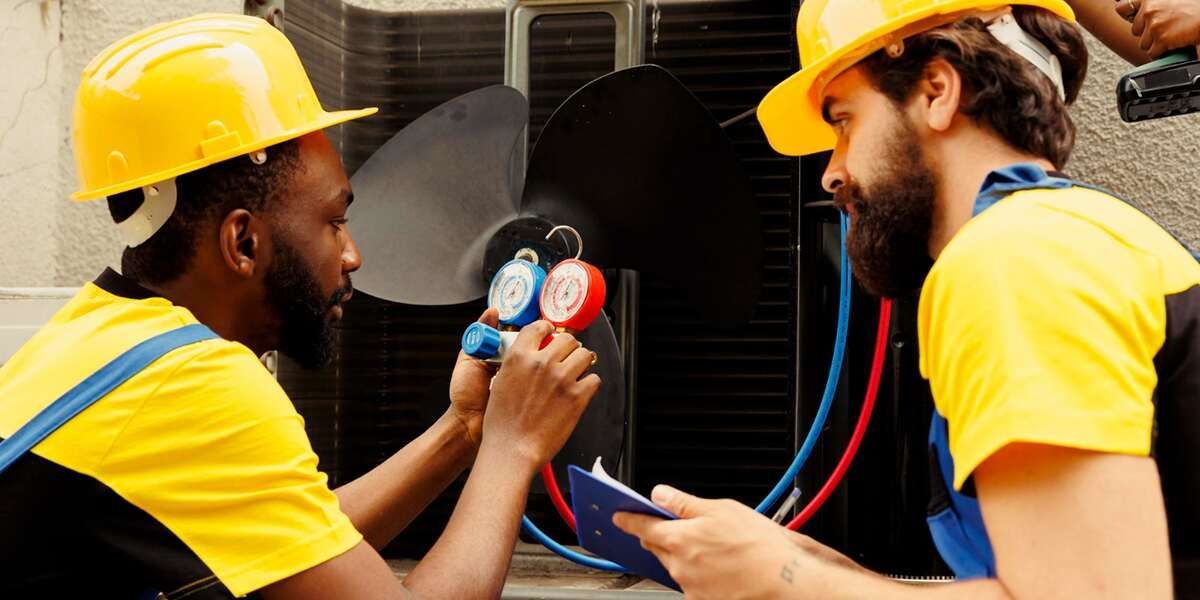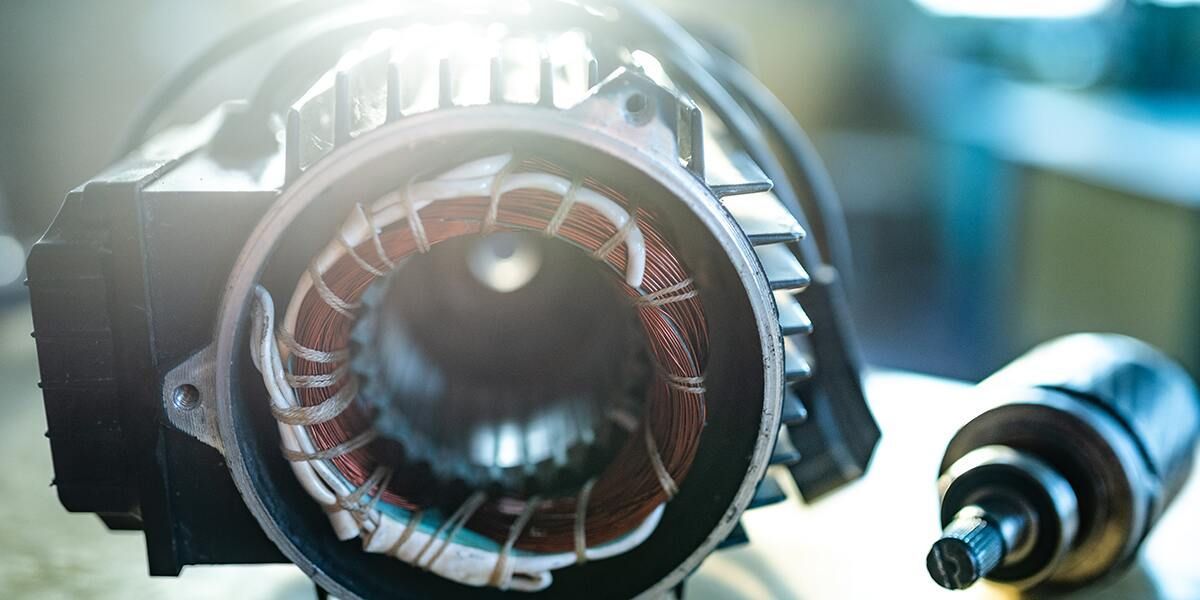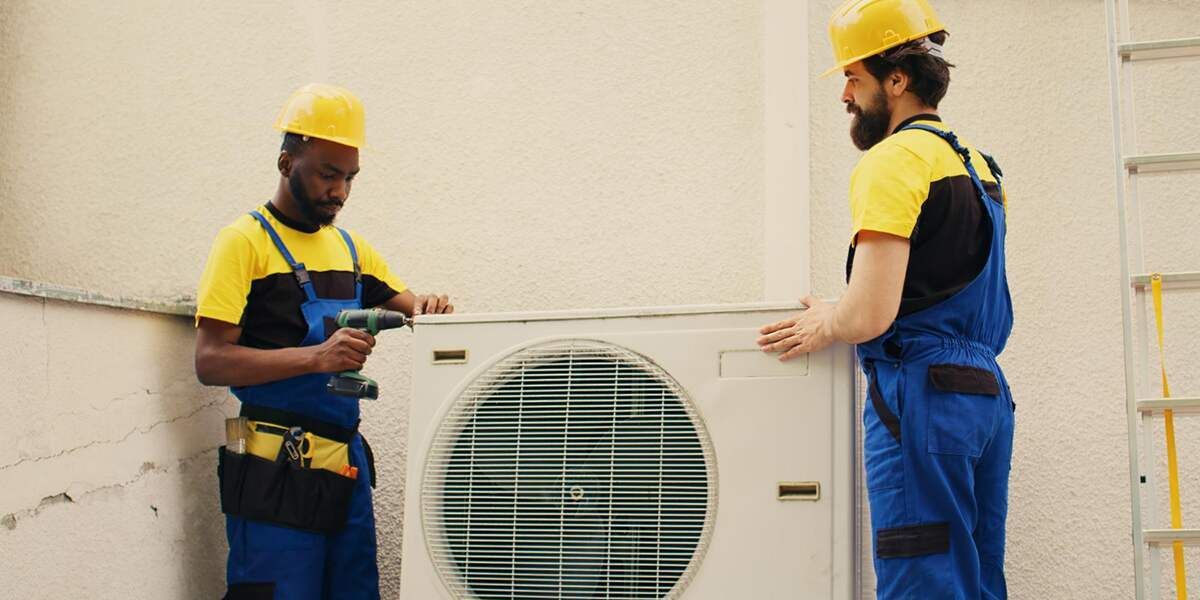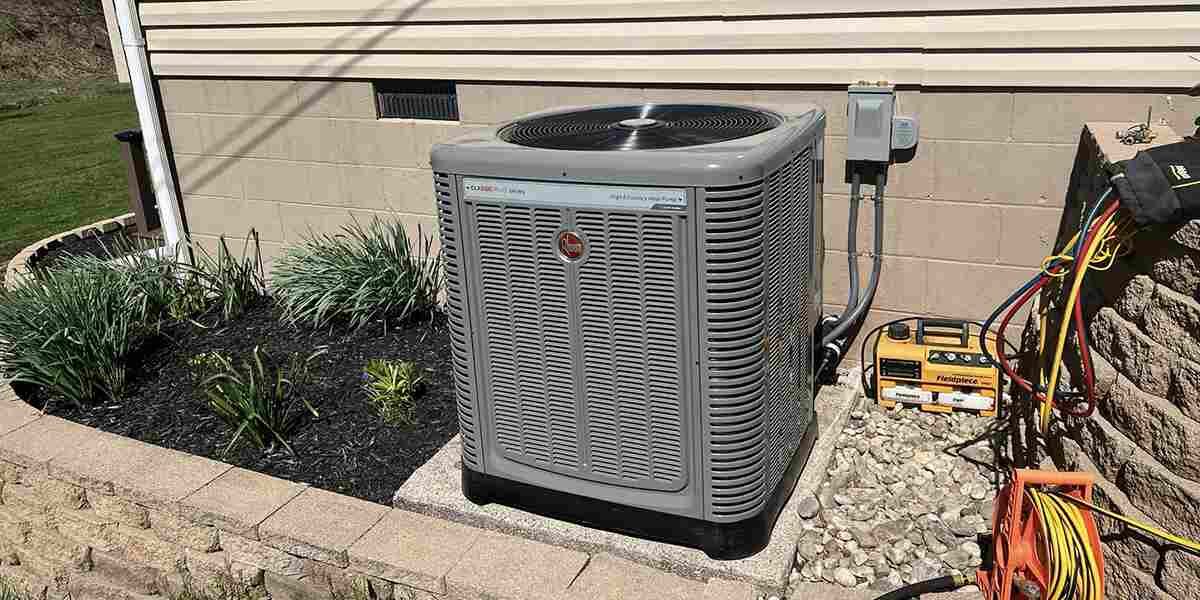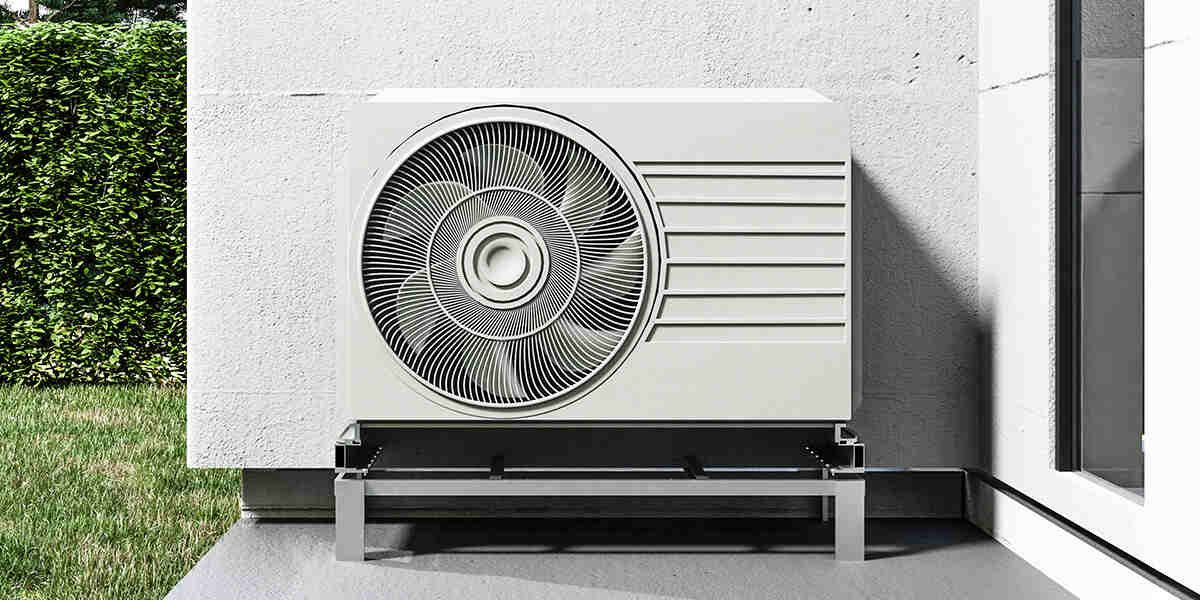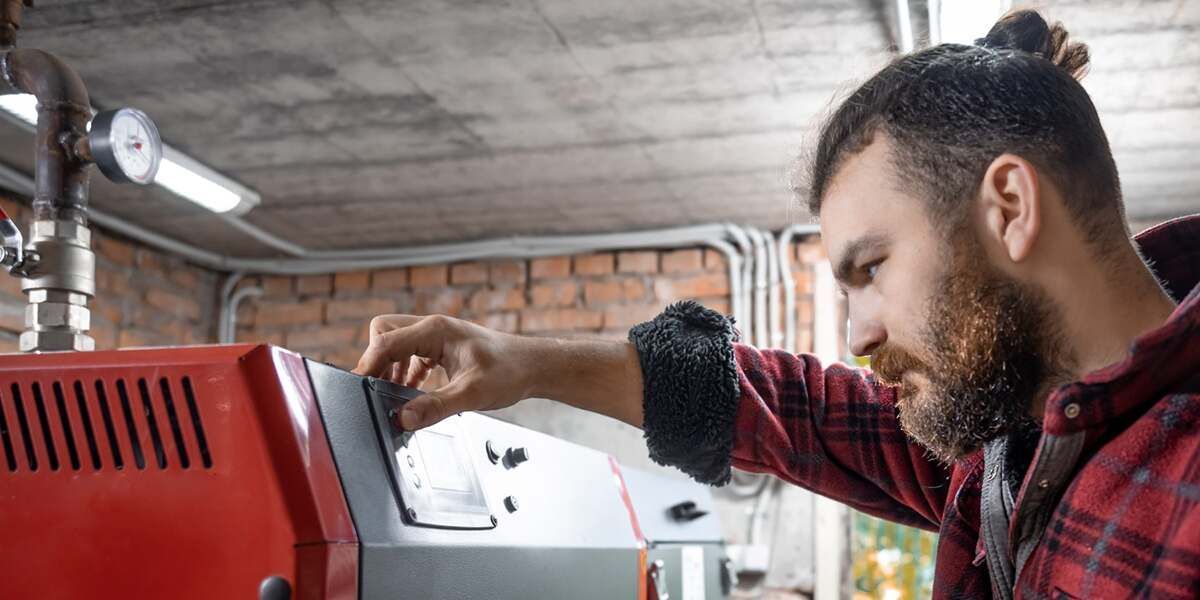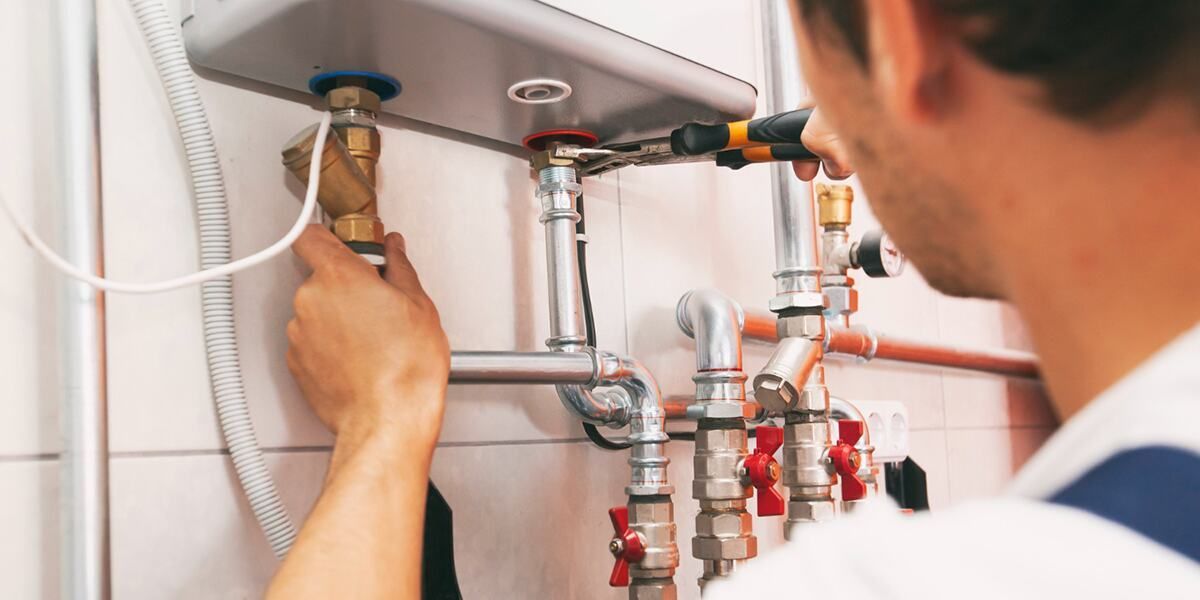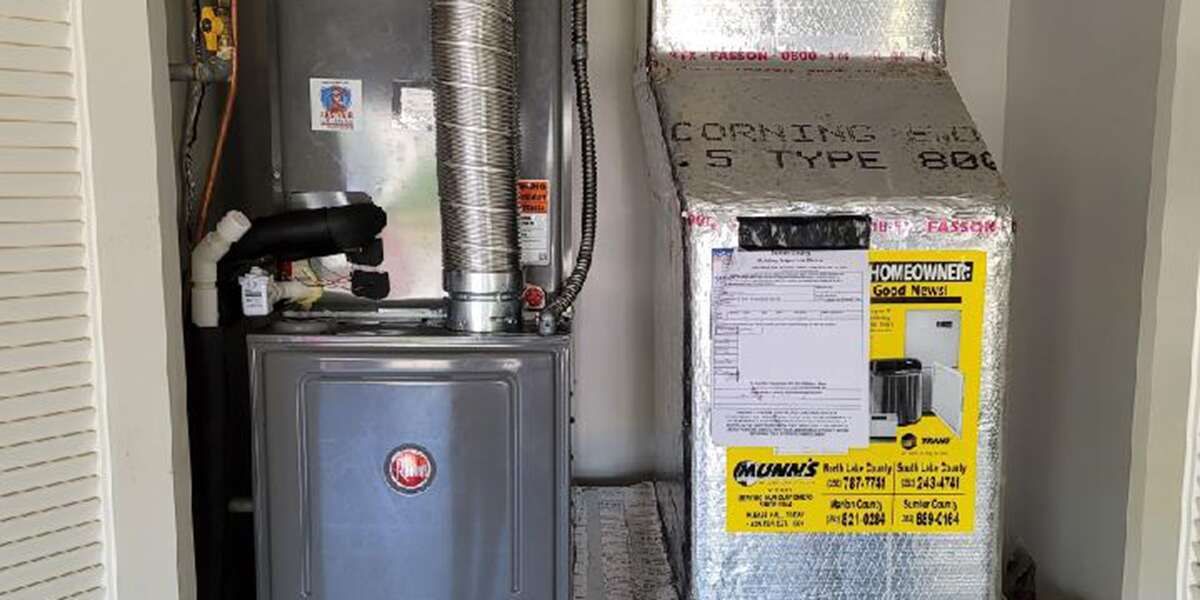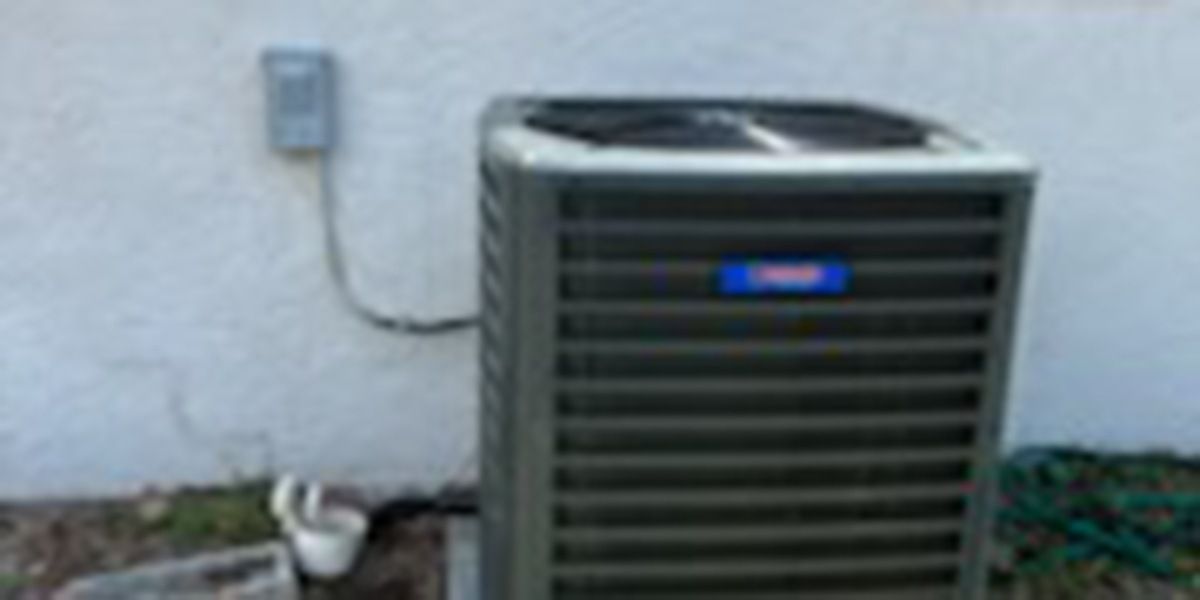EMERGENCY SERVICE AVAILABLE
What Refrigerant Is Used in a Home AC?
If you have a central AC unit, you are likely already aware that it requires some type of refrigerant to fully condition your indoor air. But air conditioners aren’t the only household appliances that require refrigerant to function. Cars, refrigerators, freezer chests, dehumidifiers, and any other technology with cooling functions also use some type of refrigerant.
So what refrigerant is used in a home AC? As a trusted air conditioning company in Ocala, FL, we at Fast Air Repair provide answers to this and other questions on the topic of residential refrigerants.
What Is Refrigerant?
Let’s begin with the basics. What exactly is refrigerant? Refrigerant refers to a substance that aids in transporting warmth and humidity.
During the summer, your home absorbs heat and moisture from the outdoors. Certain systems, like the plumbing system, can also produce humidity. As your air conditioner operates, it uses refrigerant to attract and remove that excess heat and humidity from the cycling cool air.
The vents then release dry, cool air throughout the home. The process begins again when the return vent pulls the air back in for another conditioning cycle. Refrigerants can also remove heat and moisture from outdoor air as the system pulls in fresh air.
AC refrigerant doesn’t stop there. It can also assist your home’s heating process. As your unit conditions the air, the refrigerant will attract heat from outside and transfer it into the conditioned air before it circulates throughout your home.
Types of Refrigerants
Residential HVAC systems typically use one of two types of refrigerants: Freon and Puron. You might have heard others universally refer to Freon as synonymous with refrigerant. However, Freon and Puron are merely brands of refrigerant.
Freon, or R-22, hit the market in 1928, making it the oldest refrigerant available. Since it dominated the market as the sole refrigerant available for decades, most people believed that Freon was just another name for refrigerants. Home service providers have widely used this product in residential and commercial facilities.
Freon didn’t have much competition until 1991, when Puron, or R-410A, hit shelves. Despite consumers having access to two different refrigerants, property owners still typically ended up with Freon over Puron. Puron’s formula only worked well with newer HVAC systems that included different system specifications and components.
Since most HVAC systems can last well over 10 years, Puron wouldn’t dominate the market in the same way as Freon. However, this will soon change.
What Refrigerant Is Used in a Home AC?
As mentioned above, Freon is the most commonly used refrigerant product used in the majority of American households. But following the codified Clean Air Act, the federal government authorized the shutdown of Freon production in 2020. All HVAC systems manufactured from that point onward will require Puron to condition the circulating air.
If you don’t keep up with this type of news, you might feel surprised at these updates. Why are you just now hearing about these changes? If Freon production halted in 2020, homeowners wouldn’t feel its effects until a few years later, as their older air conditioners developed mechanical issues from age.
So why did the government mandate the switch? And what refrigerant is used in a home AC from now on? Dig into the effects of Freon vs. Puron below.
Pros and Cons of Old Formulas
Freon carved a well-known and trusted name for itself for a century. Producers formulated it to be non-flammable, making it safe for household or residential use. Plus, it works more efficiently than Puron, making it a more efficient option.
Unfortunately, it has devastating effects on Earth’s atmosphere. It causes severe ozone depletion, meaning that it destroys the protective ozone layer protecting the earth from the sun’s raw ultraviolet rays. Freon also contributes to global warming as a result. Since efforts to reduce the effects of global warming have steadily increased, governments around the globe have taken action to eliminate products that contribute to it and its devastating effects.
Pros and Cons of New Formulas
The market thrust Puron into the spotlight as the best Freon contender. This product has far less dramatic effects on the environment and the ozone layer, making it a preferred option. It can also improve indoor air quality compared to its predecessor, keeping the air a little cleaner. As this refrigerant advances and develops further, it also could surpass Freon in its efficiency.
However, Puron comes with a few downsides as well:
- Puron is more flammable than Freon, making it more volatile and potentially dangerous.
- Due to Puron’s flammability, HVAC installations and repairs could take longer than with old refrigerants.
- To use Puron, homeowners must purchase new systems designed to handle the formula.
- Buildings that use Puron-friendly systems must update their building codes to match their new equipment.
These specifics might make you wonder whether you should go ahead and make the jump or stick with your old, familiar system and refrigerant.
Should You Use a New Formula?
Before you begin worrying about investing in a new HVAC system, let’s answer the following questions:
- Does your current HVAC system work well?
- If your system has any issues, do those issues relate to refrigerant lines?
- If you have refrigerant leaks, can you access Freon?
If your HVAC system works well and shows no signs of stopping, you have nothing to worry about at the moment. Should your system require constant repairs, however, you might want to look into new system installation options.
What if now is just not the time to purchase a brand-new system, even with refrigerant leaks? That’s okay, too! Most HVAC technicians can still access used Freon to keep old systems running until you can afford a new one.
Trust Your HVAC System’s Maintenance to Fast Air Repair
What refrigerant is used in a home AC? Although Puron is preferred, you can still access Freon.
At Fast Air Repair, our technicians work quickly to get your air conditioner up and running. If you have an older system that uses Freon, get familiar with the signs your AC unit needs more Freon, so you know when to call us at
352-290-7968.
Contact us for Service
Footer - Website Lead
We will get back to you as soon as possible.
Please try again later.
For emergency service, to get a free quote, or if you have questions or special requests, just drop us a line. We Look forward to serving you!
Hours Of Operation
- Mon - Sun
- Open 24 Hours
Emergency Service Available
All Rights Reserved | Fast Air Repair



